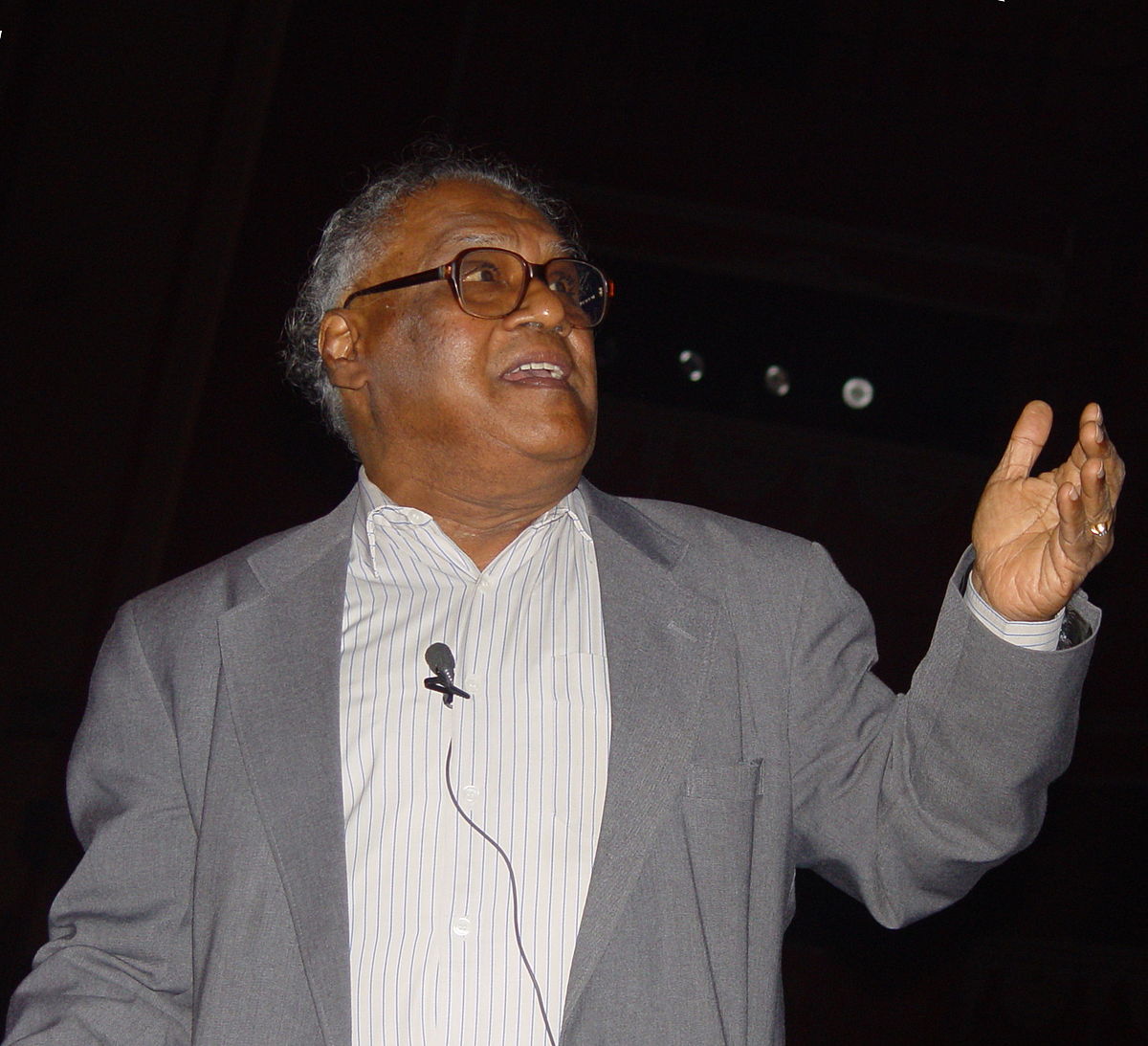Exploring Dr. C. N. R. Rao's BHU Roots and Scientific Contributions

Dr. Chintamani Nagesa Ramachandra Rao, widely known as C. N. R. Rao, is a luminary in the field of scientific research, particularly in nanotechnology and materials science. While his illustrious career has spanned several decades and garnered international acclaim, it's essential to delve into his formative years at Banaras Hindu University (BHU) to understand the roots of his scientific journey and his enduring contributions to Indian science. This article aims to explore Dr. C. N. R. Rao's BHU roots and the remarkable scientific contributions that have earned him global recognition.
Early Life and Education at BHU:
Born on June 30, 1934, in Bangalore, India, C. N. R. Rao's academic journey began with his enrollment at Banaras Hindu University for his undergraduate studies. BHU, renowned for its emphasis on scientific education and research, provided Rao with a solid foundation in chemistry and physics. His time at BHU was marked by academic excellence and a keen interest in scientific inquiry, laying the groundwork for his future accomplishments.
The Influence of BHU:
BHU played a pivotal role in shaping Dr. C. N. R. Rao's scientific outlook and research ethos. The university's ethos of academic rigor and innovation nurtured Rao's intellectual curiosity and instilled in him a deep-seated passion for scientific exploration. Moreover, BHU's vibrant academic environment and renowned faculty members served as sources of inspiration for Rao, fueling his ambition to make significant contributions to the field of science.
Scientific Contributions:
Dr. C. N. R. Rao's contributions to science are vast and multifaceted, spanning a wide range of disciplines. His pioneering research in nanotechnology, particularly in the synthesis and characterization of nanomaterials, has revolutionized various fields, including electronics, energy, and healthcare. Rao's groundbreaking work has earned him numerous accolades, including the prestigious Bharat Ratna, India's highest civilian award, in recognition of his exceptional contributions to scientific research.
BHU Alumni Reflect on Rao's Legacy:
As BHU alumni, we take pride in Dr. C. N. R. Rao's remarkable achievements and his enduring legacy in the field of science. His journey from a BHU student to a global scientific icon serves as a source of inspiration for aspiring scientists and researchers. Rao's commitment to excellence, scientific integrity, and dedication to advancing knowledge epitomize the values instilled by BHU, reinforcing the university's reputation as a cradle of academic excellence.
Global Impact and Recognition:
Dr. C. N. R. Rao's contributions to science extend far beyond the borders of India, earning him international acclaim and recognition. His prolific research output, spanning thousands of publications and numerous patents, has had a profound impact on scientific discourse worldwide. Rao's collaborative efforts with researchers and institutions globally have facilitated knowledge exchange and contributed to the advancement of scientific understanding.
Continued Influence and Mentorship:
Despite his towering stature in the scientific community, Dr. C. N. R. Rao remains actively engaged in research and mentorship, guiding the next generation of scientists and nurturing a culture of scientific inquiry and innovation. Through his continued involvement in academia and research institutions, Rao continues to inspire and empower aspiring scientists to push the boundaries of knowledge and make meaningful contributions to society.
Conclusion:
In conclusion, Dr. C. N. R. Rao's BHU roots have played a crucial role in shaping his illustrious career and scientific contributions. His journey from a BHU student to a globally renowned scientist underscores the transformative power of education and the pivotal role of institutions like BHU in nurturing talent and fostering academic excellence. As we explore Rao's BHU roots and scientific legacy, we gain insights into the profound impact of his work on Indian science and his enduring influence on future generations of scientists.
